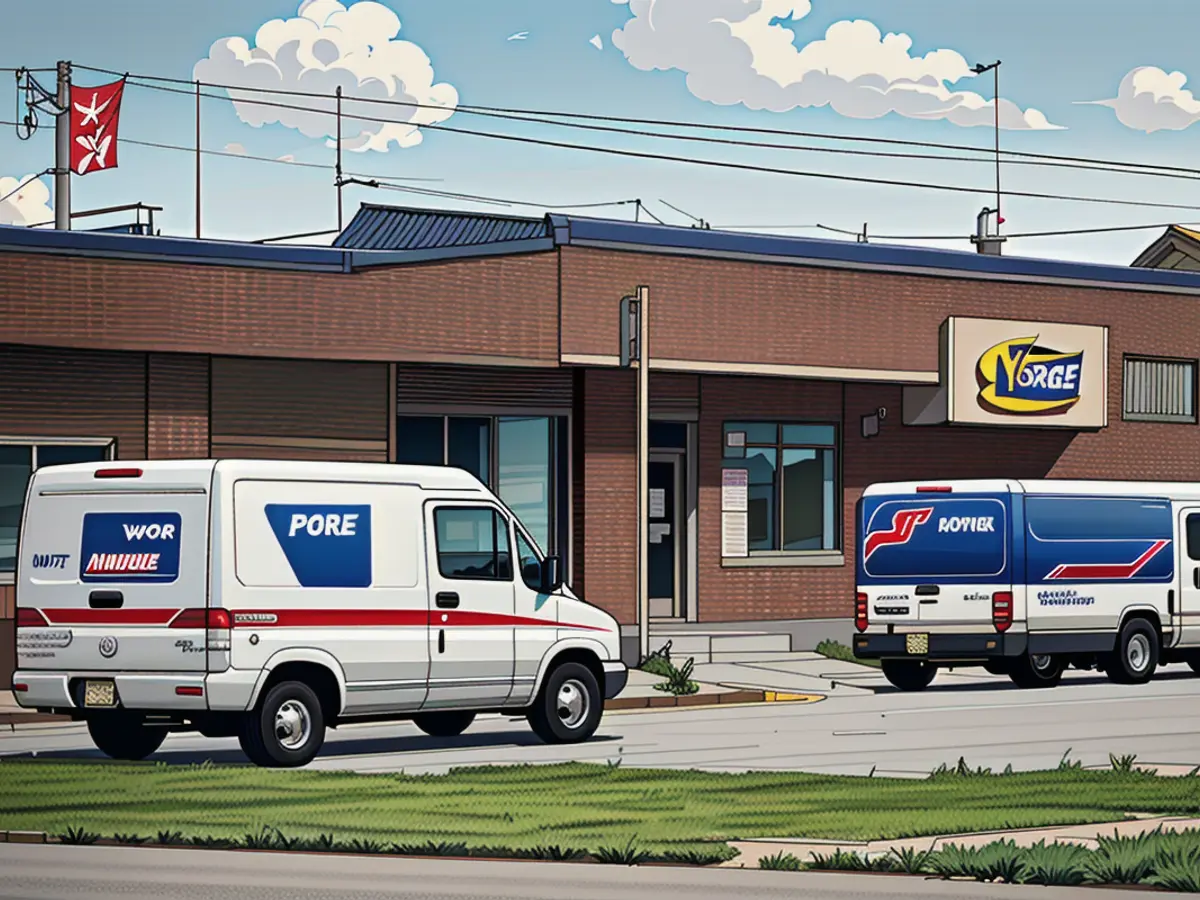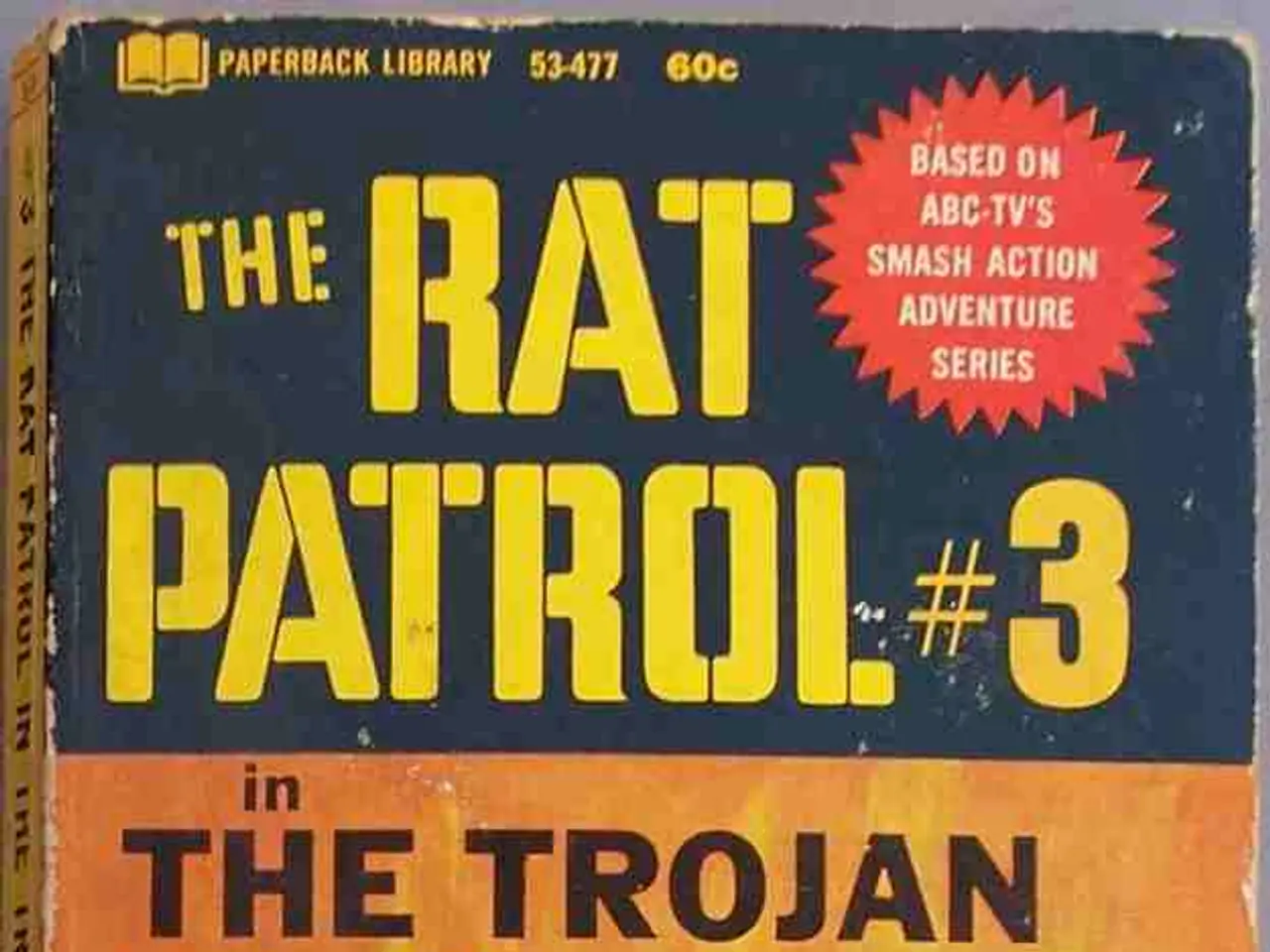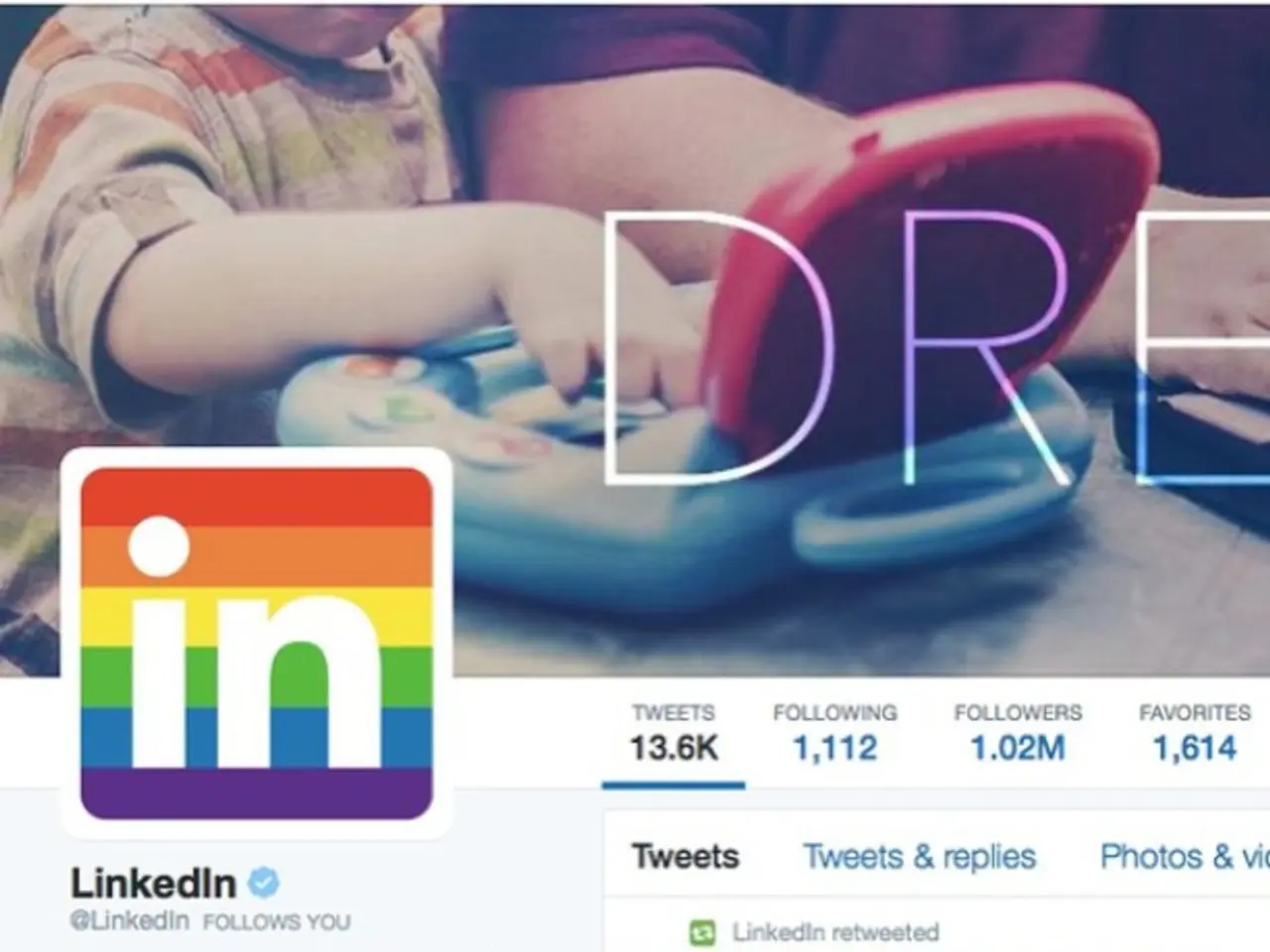The US Postal Service is more efficient than one might assume. Potential privatization could lead to challenges for numerous entities.
The 250-year-old entity, older than its nation itself, is the United States Postal Service (USPS). Despite being a government organization, it has been recording deficits, with a staggering $9.5 billion loss in the most recent fiscal year. With the decline of first-class letters and other electronic communication alternatives, one might think the USPS is less significant now than ever. However, the service remains crucial for delivering prescription drugs, mail-in ballots, and online purchases.
Privatizing the USPS could potentially signal an end to guaranteed mail service for every American address, leaving many rural areas without necessary deliveries. Even critics of the service agree that privatization is not the solution. Michael Plunkett, CEO of the Association for Postal Commerce, highlighted the 94% delivery rate for first-class mail, which had been 99% just a few years prior.
Before President Trump came into power, some claimed the current USPS system was unsustainable, suggesting the formation of a private postal service. They argued that such a service could improve services more effectively and reach more communities at lower costs. Notably, critics point out that privatized services have led to increases in cost and decreased service for rural areas in other countries.
The unions representing nearly 91% of USPS employees are firmly against privatization, seeing it as an attempt for a "hostile takeover" of a public institution. Conversely, some see merit in outsourcing certain operations to private companies, as this could promote efficiency and better service.

However, it's unclear if the White House has such goals in mind. The ongoing debate surrounding the USPS highlights how the privatization of public institutions can elicit strong opinions from all sides.
According to recent data, the USPS faces tough challenges in becoming profitable within the next decade. Despite this, package shipments have seen growth as more Americans shop online, indicating a potential for recovery. The unions stress that the public benefits from its universal service provision, and privatization could adversely impact both the public and postal workers. Thus, the future of the USPS remains an ongoing dilemma for policymakers and the public alike.
The proposal to privatize certain operations at the USPS could potentially improve efficiency and service, similar to how FedEx manages its business operations in communications. However, the misses in delivery rates since privatization in other countries have caused concerns about increased costs and decreased services for rural areas. The ongoing debates surround the potential impact on the business model of the USPS, which is crucial for delivering prescription drugs, mail-in ballots, and online purchases, especially considering the slope of deficits it's been facing.





